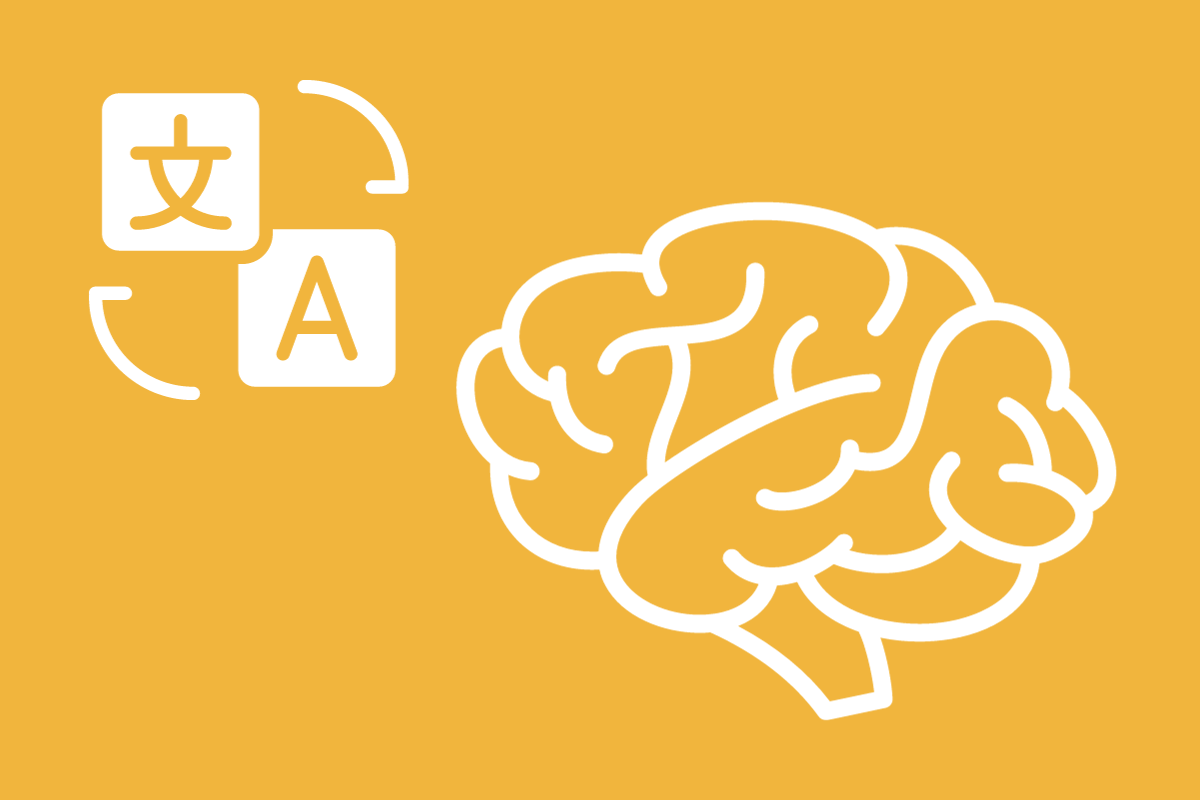The COVID-19 pandemic brought about numerous modifications and unique experiences in the field of education. Héctor Libreros-Cortez’s research delves into this transformation and its implications, particularly in the realm of translation education. In some translation training scenarios, such as the Mexican, “the shift towards online teaching and learning positively and negatively affected the knowledge construction process in translation,” says Héctor. (Text: Héctor Libreros-Cortez)
During the COVID-19 pandemic, education faced challenges globally. Mainly, connectivity issues affected the Mexican educational scenario and hindered learning at all levels. For his doctoral research, Héctor Libreros-Cortez investigated how a group of Mexican students from a state university constructed knowledge while learning translation online during the pandemic.
Challenges in the Mexican Educational Landscape
Héctor’s research results show that the training programs during the August-December 2020 semester incorporated traditional and constructivist approaches to facilitate the development and strengthening of translation knowledge. These programs contained individual and collaborative training activities that were practical, dialogical, and reflective.
Despite the educational efforts, the students’ context played a significant role in their ability to construct knowledge effectively. Héctor explains: “some participants did not have ideal conditions to engage in the classes, ultimately affecting their ability to pay attention to the subjects and comprehend the material. These restrictions impacted the development and timely follow-up of the sessions.”
Constructing Knowledge Amidst Challenges
Even with these limiting circumstances, the students were able to construct knowledge for their translation practice. Héctor has identified nine types of knowledge:
- Knowledge about the history of translation
- Knowledge of translation concepts, strategies, and methodologies
- Linguistic knowledge
- Bicultural knowledge
- Knowledge used to identify and solve translation problems
- Knowledge used to detect and correct translation errors
- Professional norms and conventions knowledge
- Professional ethics knowledge
- Collaborative work knowledge.
This situation was mainly due to the emphasis on student autonomy and the professors’ use of task-based approaches and translation projects. These methods enabled students to learn through various activities despite the challenges faced during distance learning.
Contact
Héctor Libreros Cortez | hectorlibreroscortez@gmail.com


